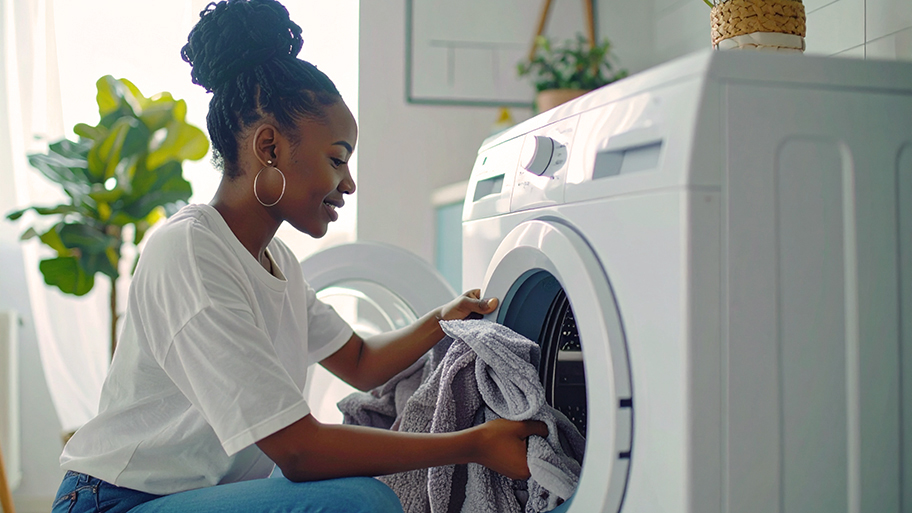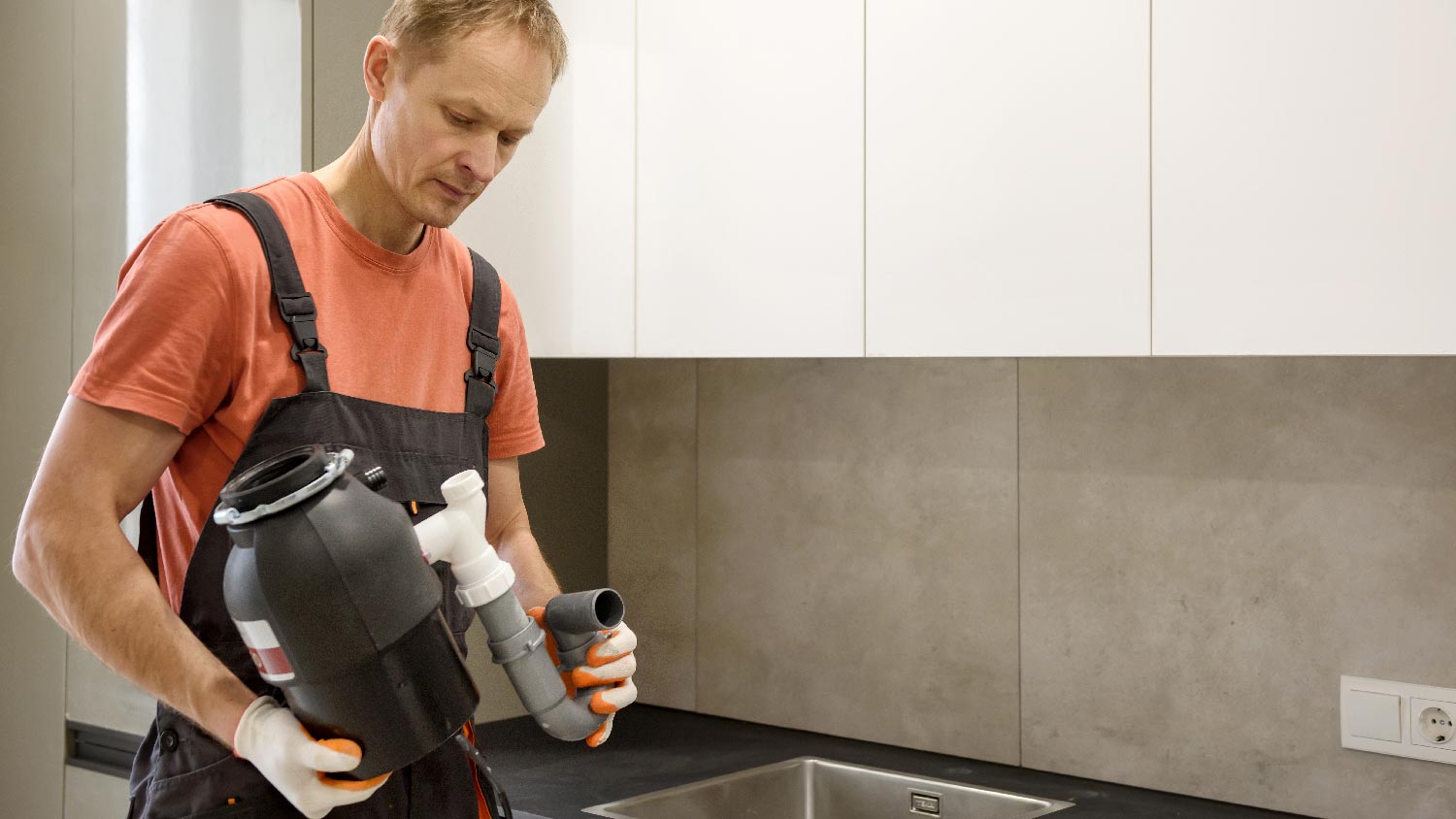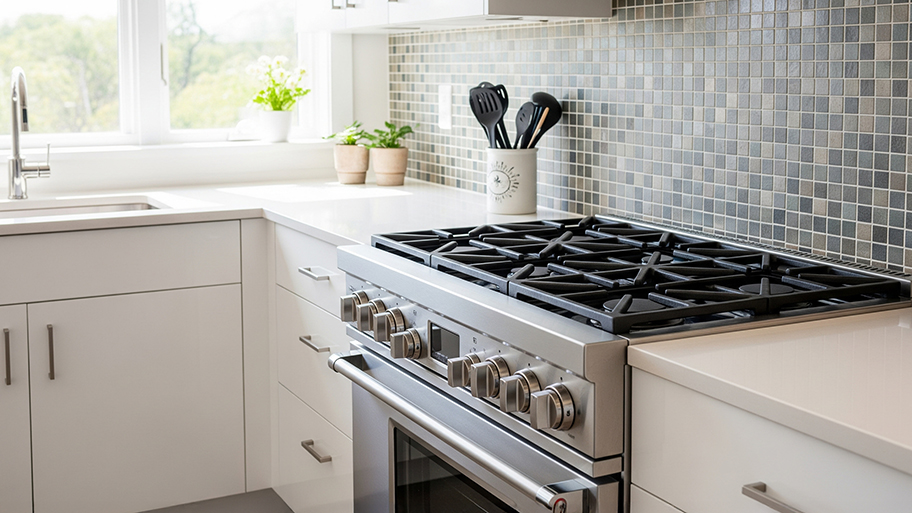
Discover the average washing machine repair cost, key price factors, and expert tips to help you budget and save on repairs for your home.
Installing a garbage disposal with a septic system can be a waste


Installing a garbage disposal with a septic system is not recommended.
Your septic system will not be as effective with a garbage disposal.
Only put soft foods and non-dairy liquids in a garbage disposal.
Try composting instead of installing a garbage disposal.
If your home relies on a septic system, you may wonder if you're still able to install a garbage disposal in your kitchen sink. The added convenience of a garbage disposal can make meal prep and clean-up a breeze, but those bits of food waste need to go somewhere. So—can you use a garbage disposal with a septic system? Learn whether this combo is a good idea for your home.
Experts don’t recommend installing a garbage disposal in a home with a septic tank. Unlike municipal plumbing systems, septic tanks aren’t equipped to handle the food waste from kitchen plumbing. A garbage disposal makes it harder for a septic tank to do its job properly, which can lead to potential problems down the road.
That being said, it’s still possible to install a garbage disposal in a home with a septic tank. You just need to take a few precautions to keep your tank from accumulating too much food waste.

A garbage disposal isn’t a good fit for a home with septic for several reasons, all of which impact the longevity and effectiveness of a septic tank.
When wastewater enters a septic tank, bacteria help break down the solids, turning them into sludge that sits at the bottom of the tank. However, when more solid waste is introduced to the tank via food scraps, the bacteria can become overwhelmed and unable to break down the solids effectively.
Over time, this overwhelmed bacteria will become less and less efficient. The sludge levels will rise faster, decreasing the tank’s capacity.
If your septic tank fills with sludge faster, you’ll need to empty it more frequently—as much as twice as often as a home without a garbage disposal. Pumping a septic tank costs $550, on average, but can cost up to $1,250 depending on its size and location.
If you already have a garbage disposal in your home or you’re determined to install one, here’s how you can increase the efficiency of your septic system.
Working with a pro who installs garbage disposals is important to ensure the disposal functions properly. Reach out to a highly-rated garbage disposal installer near you to make sure the appliance is installed efficiently.
Pay close attention to what you put down the drain to keep your disposal in good shape and avoid overwhelming your septic system. Garbage disposals are built to handle soft foods and non-dairy liquids. Material that is safe for you to put down your garbage disposal include:
Fleshy parts of fruit
Soft veggies
Cooked meat
Ice
Dish soap
Things that are not ideal for you to put down your garbage disposal include:
Fruit peels or pits
Stringy veggies
Eggshell
Starchy pasta or rice
Coffee grounds
Soil
Bones
Nuts
Fat, oil, or grease
Despite your best efforts, these items may find their way into your garbage disposal. If that happens, they won’t break down inside your septic tank. Instead, they’ll build up until you’re able to remove them with a pump.
Garbage disposals come in a range of different horsepower ratings. If you’re installing one in a home with a septic tank, you’ll want to ensure you get the right garbage disposal size to avoid overworking it.
| Number of People in Household | Garbage Disposal Horsepower |
|---|---|
| 1–2 | 1/3 or 1/2 HP |
| 3–5 | 3/4 or 1HP |
| 5+ | 1 or more HP |
From average costs to expert advice, get all the answers you need to get your job done.

Discover the average washing machine repair cost, key price factors, and expert tips to help you budget and save on repairs for your home.

Discover the cost to install washer and dryer hookups. Learn about price factors, labor, materials, and tips to save on your laundry room project.

Get transparent refrigerator repair cost info. Learn what impacts price, compare repair vs. replacement, and find ways to save on your fridge repair.

Working over an open flame gives you better control over your cooking. Learn more about the benefits of converting an electric stove to gas.

Not sure if you should repair or replace your cooktop? Our guide helps you make the right decision for your appliance.

Looking to extend the life and increase the efficiency of your dishwasher? Learn how to clean a dishwasher drain to enjoy a clean, dry load every time.